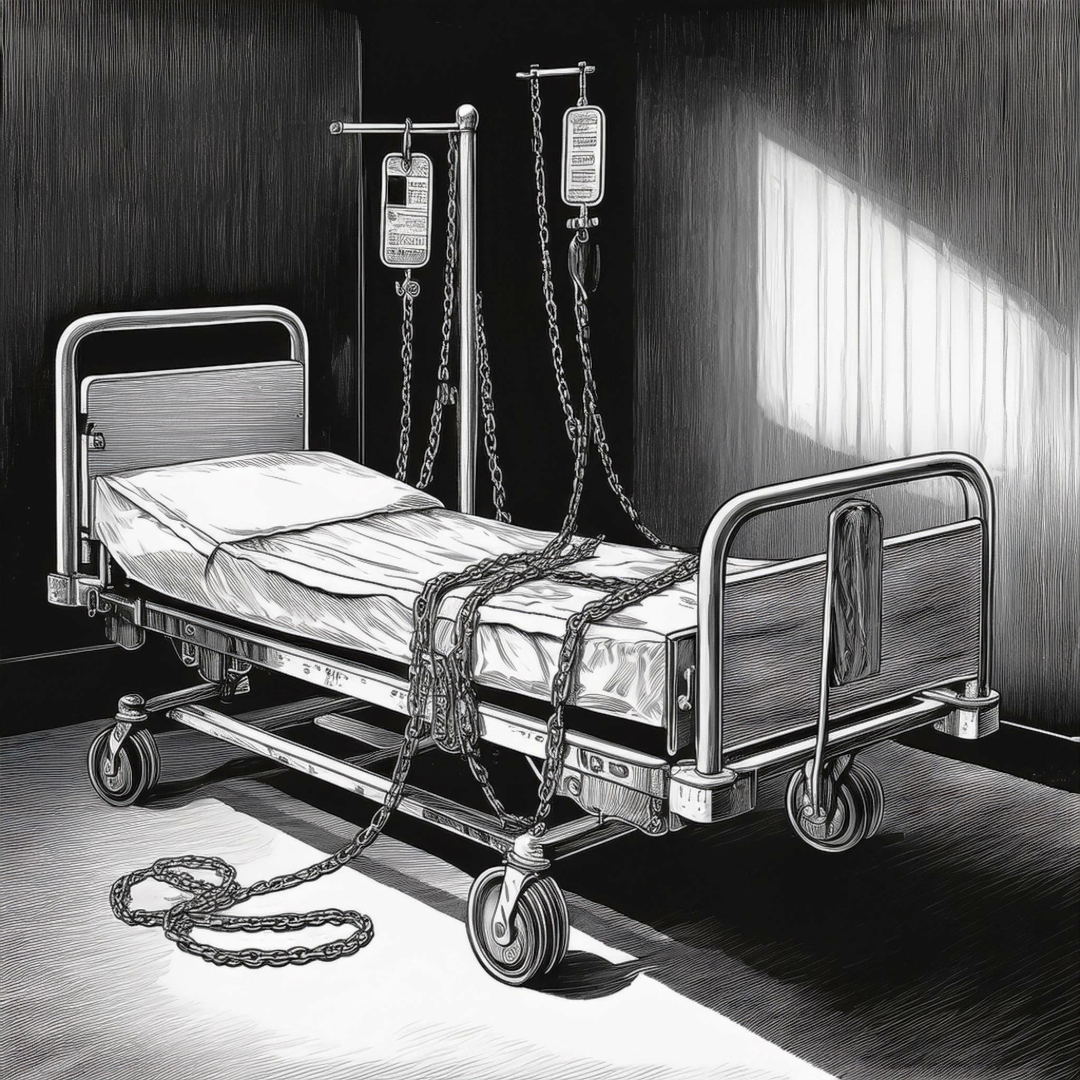MONTGOMERY, Ala. — Alabama is once again under scrutiny as it prepares to execute Carey Dale Grayson on November 21, using the contentious method of nitrogen hypoxia. This comes amid ongoing debates about the state’s execution practices, which have faced criticism for being both error-prone and inhumane.
Grayson, 49, was convicted for the brutal 1994 murder of Vickie Deblieux. He and three others tortured and killed Deblieux, but Grayson is the only one facing execution. The others received life sentences due to a Supreme Court ruling against executing those under 18 at the time of their crimes.
The use of nitrogen hypoxia, authorized by Alabama in 2018, has been controversial since its first application in January 2024. Witnesses described the execution of Kenneth Smith as distressing, raising concerns about its constitutionality. Despite these issues, a federal appeals court recently allowed Grayson’s execution to proceed.
Alabama’s execution record is marred by procedural mishaps and ethical questions. The state has one of the highest execution rates in the U.S., yet it has also seen numerous exonerations due to DNA evidence, highlighting flaws in its justice system. Critics argue that Alabama should halt executions until it addresses these systemic issues.
As Grayson’s execution date approaches, his attorneys continue to challenge the method’s legality and humanity, urging a reevaluation of Alabama’s capital punishment protocols.

